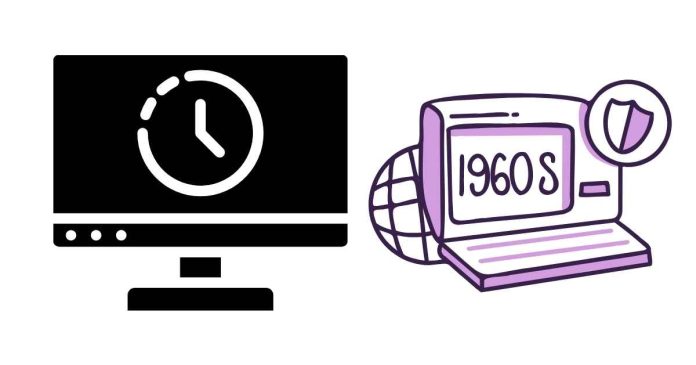The history of computers traces back to early mechanical devices used for calculations, such as the abacus and Pascalinein the 17th century. In the 19th century, Charles Babbage designed the Analytical Engine, often considered the precursor to modern computers.
The first electronic computers emerged during World War II, like the ENIAC, designed for military calculations. In the 20th century, advancements led to the development of transistors, integrated circuits, and microprocessors, revolutionizing computing. The PC revolution in the 1980s, spearheaded by companies like Apple and IBM, made computers accessible to the public. Today, computers power almost every aspect of modern life.



